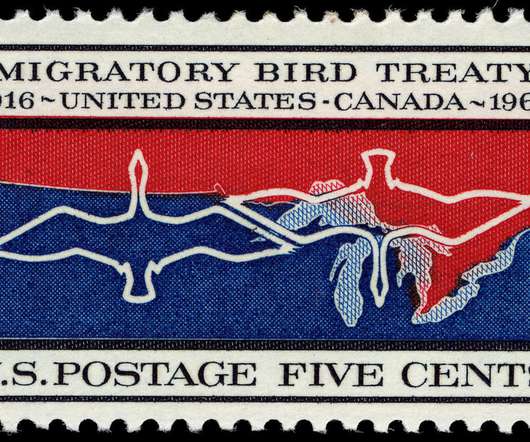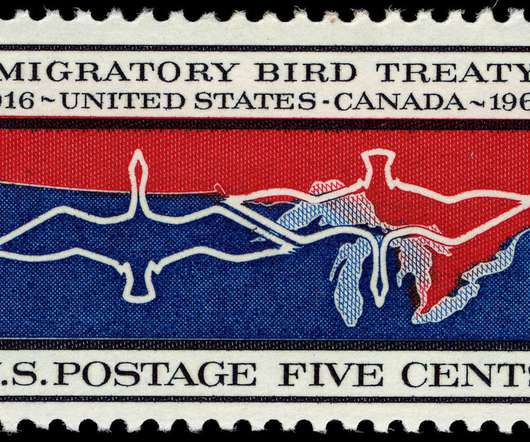Georgian Raptor Protector Up for “Green Oscar”
10,000 Birds
APRIL 20, 2016
This year’s awards will be handed out on April 27th, and one of the finalists has devoted himself to saving migrating birds of pray from illegal hunting. But along the way, up to 18,000 per year fall victim to illegal hunting for food and sport. Which makes him a formidable candidate for the prestigious prize.












Let's personalize your content